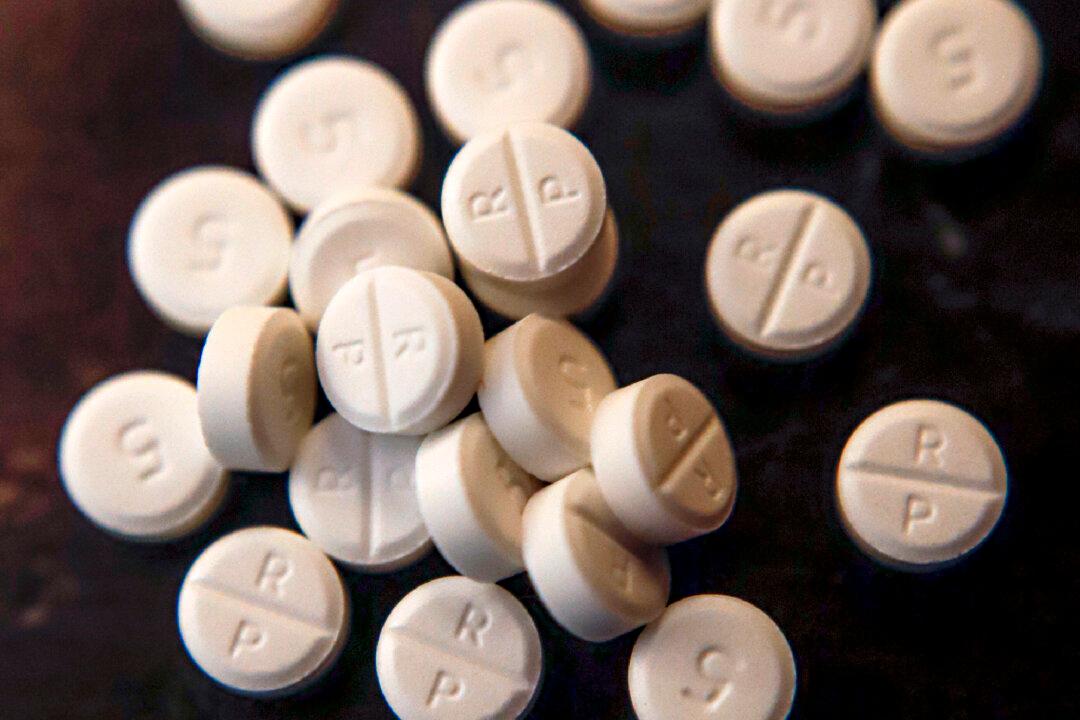The Supreme Court of the United States (SCOTUS) ruled in favor of two doctors challenging convictions on drug distribution charges for over-prescribing controlled opioids on the rationale that their actions may have been in “good faith.”
The justices ruled 9–0 on June 27 (pdf), siding with Dr. Xiulu Ruan and Dr. Shakeel Khan.





